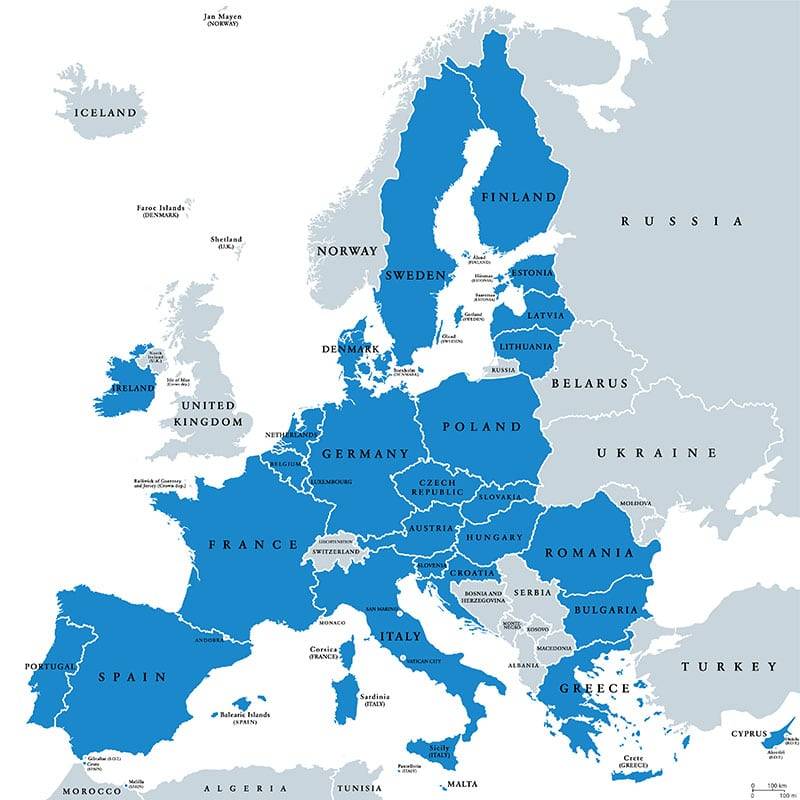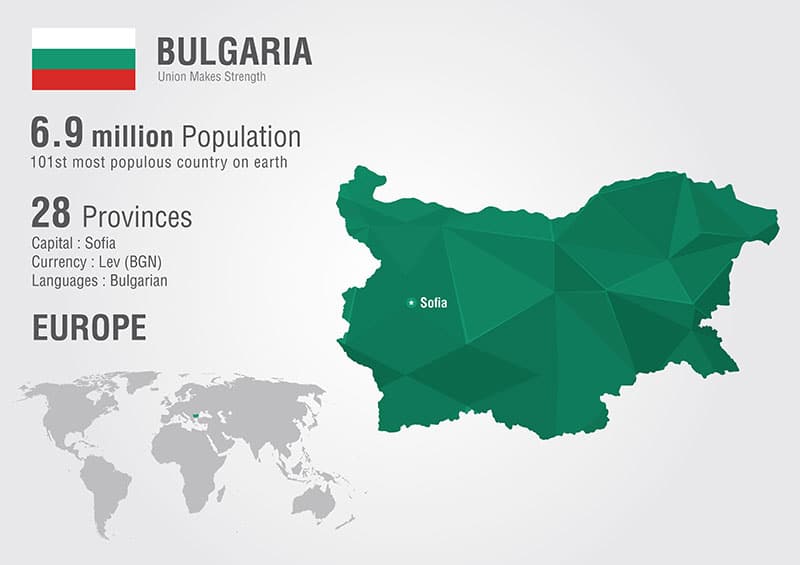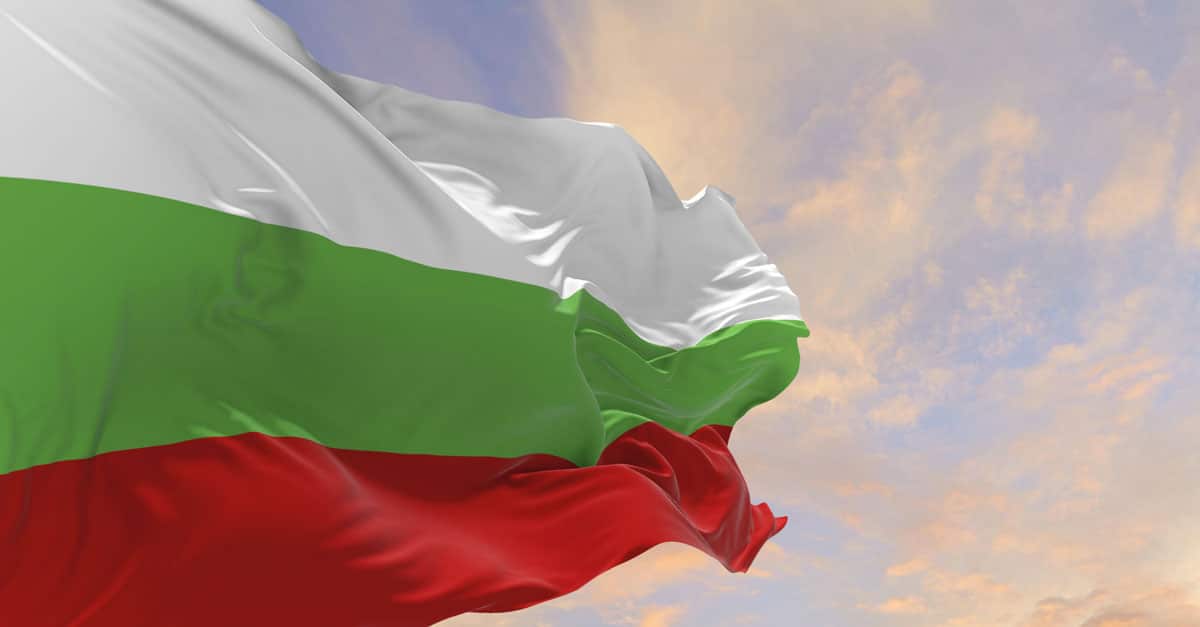Bulgaria has been a member of the EU since 2007 and is already part of the European System of Fixed Exchange Rates (ERM-2), an important precursor to the introduction of the euro. “We have not kept our promises we made when joining ERM-2, and we are not meeting the inflation criteria,” Finance Minister Rossitsa Velkova said earlier this year.

A central problem for Bulgaria was the high price increases. According to Sofia’s official calculations, the inflation rate in 2022 was 15.3%. Additionally, the 13% inflation rate that the EU statistical agency Eurostat calculated using a slightly different method was significantly higher than the EU average (9.2%).
The then finance minister said that Bulgaria could submit the convergence report after July if it meets the criteria, and if “we have the support of the member states, we could join the eurozone by January 1, 2025 at the latest.” Bulgaria is the poorest member state of the EU and hopes for more investment and greater credit security from the introduction of the euro. However, many people fear that the transition to the euro could lead to higher prices, as was the case in Croatia.

Years of political Crisis
In April 2023, the fifth parliamentary election took place in two years, and the country is in crisis. With the new government, observers expect the southeastern EU country to join the Western allies more consistently in their support for Ukraine. There is now a novelty: the office of prime minister is to change after nine months. After physical chemist Nikolay Denkov, it is to be the turn of ex-Commissioner for Innovation Maria Gabriel as head of government.
Your Wealth, Our Priority: Altoo's Consolidation Power, Secure Document Management, and Seamless Stakeholder Sharing for High Net Worth Individuals. Preview Platform.
The new government wants to meet four main goals: fighting corruption, judicial reform, accession to the border-free Schengen area, and the eurozone. Earlier this summer, the country announced that it had started negotiations with the European Commission to introduce the euro as a parallel currency to the Bulgarian leu as early as 2024. If the European Commission and the European Central Bank give their approval, Bulgaria can leave its citizens the choice of whether to trade in euros or leu. Currently, Bulgarian companies are avoiding EUR 750 million annually in currency conversion fees and transfers to banks in the eurozone, a sum that, for Bulgaria, represents a significant share of 0.4% of the country’s GDP.
Montenegro and Kosovo, both of which use the euro without being members of the EU or the eurozone, are already using such a mechanism. The Bulgarian government is negotiating that the retail prices of goods in the country can be announced with both prices and that the buyer can decide in which currency to pay. This means that Bulgaria will join the eurozone before this is done administratively, but without having a voice in the decision-making of the European Central Bank.
The Party “We Continue the Change”, the largest party in the government, sees Bulgaria’s accession to the visa-free Schengen area and the eurozone as a political assurance to limit possible negative consequences for the country if pro-Russian parties come to power.
According to Eurofound data for 2023, the minimum wage in Bulgaria (399 euros) is the lowest in the EU. The distance between Bulgaria and the last country, Hungary (579 euros), is considerable. According to Bulgarian statistics, the average salary in Bulgaria is €1,000.
Fighting Corruption
In the Corruption Perception Index, Bulgaria ranked 72nd in 2022, along with Ghana, Senegal, Benin, and South Africa. Due to the years-long crisis, the Bulgarian Parliament has repeatedly failed to adopt the amendments to the anti-money-laundering laws, the Insurance Act, and the Commercial Act necessary for joining the euro.
In a nation where high levels of corruption are pervasive, the coalition’s primary goal during the first half of its term of office will be to implement constitutional reforms in relation to the judiciary. Recently, long-standing concerns about the role of Attorney-General Ivan Geshev, focused on whether or not he is turning large mafia cases under the carpet, have expanded into a dramatic public feud with former Prime Minister Boyko Borissov.









